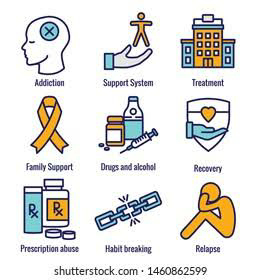Rehabilitation and it's Process

Rehabilitation Key facts Rehabilitation is an essential part of universal health coverage along with promotion of good health, prevention of disease, treatment and palliative care. Rehabilitation helps a child, adult or older person to be as independent as possible in everyday activities and enables participation in education, work, recreation and meaningful life roles such as taking care of family. Globally, an estimated 2.4 billion people are currently living with a health condition that may benefit from rehabilitation, the need for rehabilitation worldwide is predicted to increase due to changes in the health and characteristics of the population. For example, people are living longer, but with more chronic disease and disability. Currently, the need for rehabilitation is largely unmet. In some low- and middle-income countries, more than 50% of people do not receive the rehabilitation services they require. Emergencies including conflicts, disasters and outbreaks create ...





